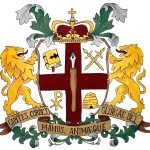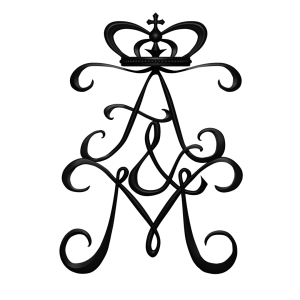The language arts of The Trivium (viz., the “three ways” – grammar, dialectic or logic, and rhetoric) form the three building blocks of human language. These roughly equate to categories of acquiring information, critical thinking, and effective expression, respectively.
The Trivium develops knowledge of literature and language through reading, discussion, debate, dialogue, writing (poetry and prose), and speeches. Mastery of these language arts enables human beings both to think and to express thought in ways that are well-reasoned, morally-principled, and edifying to body and soul.
The Classical Christian philosophy believes that, ideally, a robust education in the seven liberal arts lays a foundation for all learning, fosters wisdom and discernment, and a principled love for Truth, Goodness, and Beauty, centered on Almighty God.



